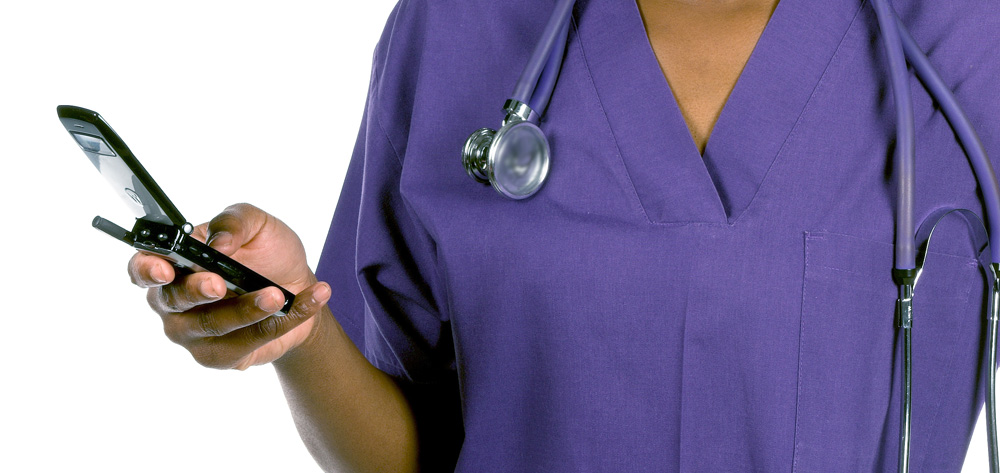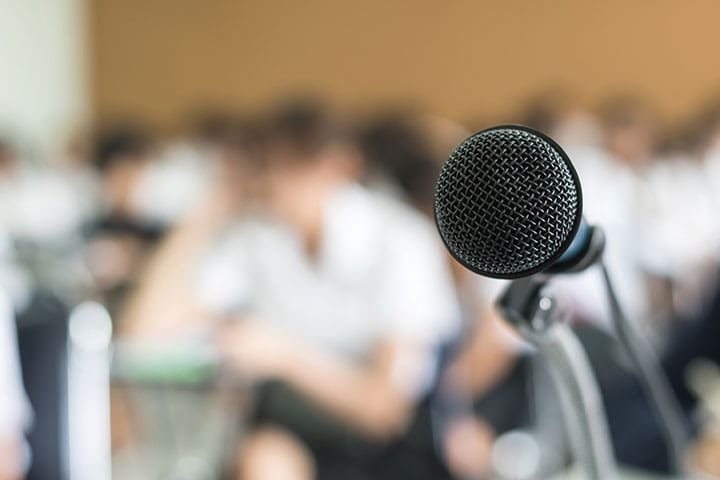Have you ever had your cell phone ring at the wrong time in the wrong place? Have you felt uneasy about having private cell-phone conversations in public places, such as train stations? Do you ever drive with one hand on the steering wheel, the other hand on your cell phone, and your mind on the conversation? If so, these 14 tips on savvy and considerate cell-phone use are for you.
1. Don’t let a ringing phone interfere with business. If you forget to turn off your phone and it rings, apologize and turn it off without checking to see who called. People have lost job opportunities because they answered a cell phone during a job interview.
2. Speak softly. When talking on your cell phone, don’t annoy people around you, especially in airports, train stations, and other enclosed spaces where others are trapped, unwilling listeners. If possible, move away from others when using your phone. If you must use it on a train or plane, speak briefly and save nonurgent calls for later.
3. Don’t think you are so important that you need to be reachable every minute. The vast majority of callers don’t need immediate access to you—unless you’re an expectant father or on a transplant list.
4. Before meetings and dinners, turn your cell phone off or set it on “vibrate.” If you must answer the phone, excuse yourself and leave the meeting or dinner table.
5. Don’t put your cell phone on a conference table at a meeting or a dinner table in a restaurant. Making or receiving a call is inconsiderate and intrusive in these situations.
6. Listen to voice mail and return calls at an appropriate time. Make sure your voice mail system is working and doesn’t tell callers that your mailbox is full.
7. Don’t say anything confidential. People nearby may be able to hear you. Don’t violate the privacy of a client or associate by mentioning him or her by name.
8. Keep a civil and pleasant tone. Don’t air dirty laundry or share emotionally intense conversations with strangers nearby. Reserve these conversations for more private settings.
9. Don’t continue talking on the phone when it’s your turn to order at a service counter. For the sake of the attendant and those waiting behind you, focus on your order. If you are in the middle of an important call, let the person behind you order while you finish your call.
10. Don’t use a cell phone while driving unless it’s “hands free.” Avoid using the cell phone in high traffic volume areas and tricky driving situations. Turn the phone off or let it ring. Check your voice mail when you get off the road. If you need to make a call while driving, pull over to the side of the road first.
11. If you’re outside walking and talking on your cell phone, stay alert to your surroundings. Don’t become so distracted by your phone conversation that you aren’t paying attention to traffic and traffic signals. Being too absorbed in a cell-phone conversation can also make you an easy target for pickpockets and thieves.
12. Don’t use your cell phone in public restrooms. Some cell-phone users have the audacity to complain about the noise when people flush the toilets or use the hand dryers.
13. Always turn your cell phone off before public performances and in movie theaters. This advice also applies to worship services, weddings, and funerals. One of my colleagues attended a funeral where someone’s cell phone rang with the music, “When the Saints Go Marching In.” This embarrassing incident prompted many people to take out their cell phones and turn them off.
14. If invited to a business associate’s golf course or tennis club, turn your cell phone off. You don’t want your phone to ring during someone’s back swing. If you need to be available during the sporting event, set your phone on “vibrate.” Make a call only if absolutely necessary.
Remember, etiquette is about presenting yourself with polish. It’s also about making people around you comfortable. Using these 14 tips will help you avoid embarrassment in both business and social situations. They will also make you look and feel like a smart, considerate cell-phone user.
Kathleen D. Pagana, keynote speaker and author, wrote The Nurse’s Etiquette Advantage: How Professional Etiquette Can Advance Your Nursing Career. She has published more than 20 articles on etiquette and can be contacted at www.KathleenPagana.com.


















